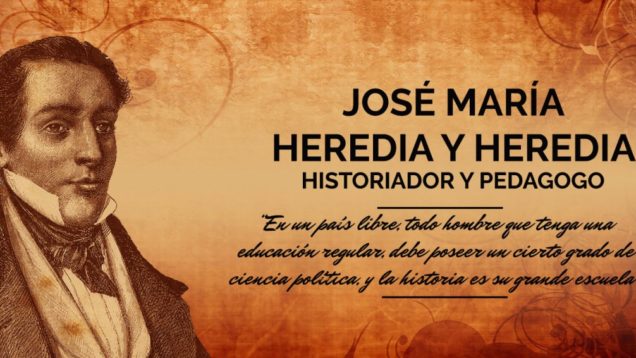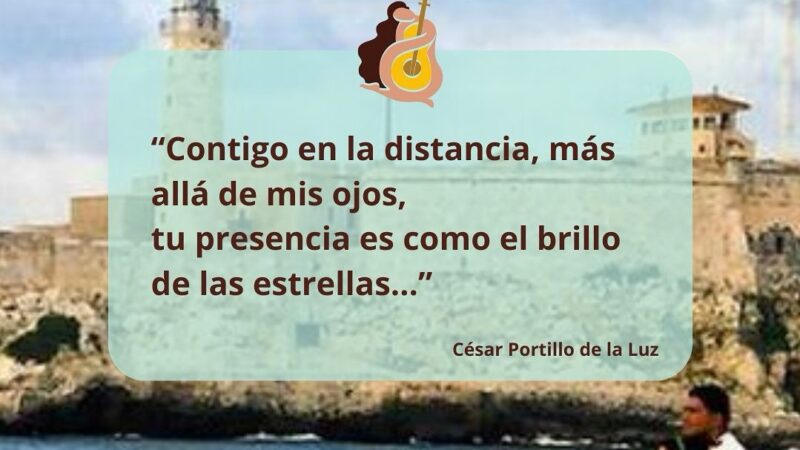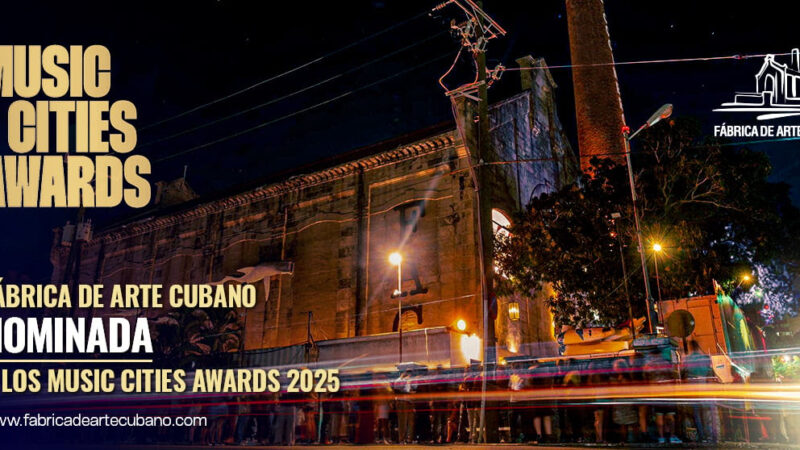Tribute to revolutionary Cuban poetry

As the year 2023 draws to a close, we are reminded of the history of Cuban poetry, which is almost two hundred years old, and that among the most important dates in Cuban culture and in the formation of the national consciousness is the figure of José María Heredia, a poet born in Santiago de Cuba on 31 December 1803, 220 years ago.
In 1825 he undertook his second journey to Mexico and it was during this trip that he wrote his Himno del Desterrado, which can without a doubt be considered the first poem of a patriotic and revolutionary nature to be written by a Cuban author.
From the events that forced him to leave Cuba when the colonial authorities discovered the conspiracy of the Soles y Rayos de Bolívar, the theme of the homeland is present in Heredia. In October 1823, he wrote La Estrella de Cuba about his homeland’s freedom, and the following year, in exile, A Emilia, his most aesthetically accomplished and ideological epistle.
In Himno del Desterrado, he expresses his feelings in favour of Cuban independence, specifies the situation of Cuba under colonial rule and combines in it «the beauties of the physical world/ the horrors of the moral world.»
In the following decades, the verses of the Himno del Desterrado would be repeated by the patriots, because they were a true hymn in their impetus, their passionate and combative tone.
The patriotic theme echoed in the verses of other poets until the war of 1868 – and even after – and with it the years of struggle for definitive independence. Some of these poems were collected in El laúd del desterrado, a collection published in New York in 1858, copies of which circulated clandestinely in Cuba. José Martí published another collection of patriotic poems in 1893: Los poetas de la guerra.
Of the poems of the War of Independence, Martí said: «There are verses that make you cry, and others that send you on horseback.»
During these years, Cuban poetry has been a faithful exponent of our people’s struggles for independence, first against colonialism, then against imperialist neo-colonialism and for social justice.
The beautiful Versos sencillos by José Martí were followed in the last century, during the mediatised republic, by the revolutionary poems of Rubén Martínez Villena, Regino Pedroso, Nicolás Guillén…
Almost two centuries of Cuban revolutionary poetry can be worthily commemorated with the poets who sing of the Revolution today.
Translated by Luis E. Amador Dominguez



